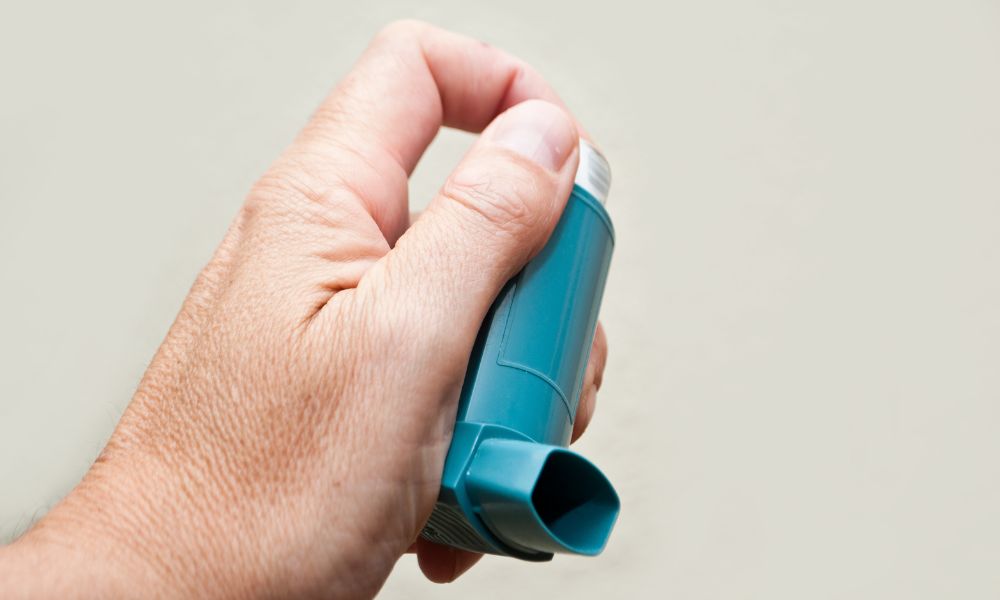Asthma is a lung condition where the airways are inflamed and narrowed, restricting air from flowing through the bronchioles. This usually causes constant coughing and loud wheezing. However, in silent asthma, there’s no coughing or wheezing, and it is associated with the most severe forms of asthma—fatal asthma and status asthmaticus. Keep reading to learn how silent asthma is diagnosed and how to recognize its symptoms.
What Is a Silent Chest?
A “silent chest” is a term to describe a severe form of asthma because the symptoms exclude those that are more prominent—wheezing and coughing. A “silent chest” is life-threatening because it lacks auditory signs of an asthma attack. Since silent asthma is so difficult to detect, it’s always best to inform your employer or the school nurse of your diagnosis and symptoms.
What Causes Silent Asthma?
The specific cause of silent asthma cannot be pinpointed. However, there are a few factors that are known for the development of asthma:
- Obesity
- Respiratory Infections
- Allergies
- Genetics
- Environmental factors
As stated before, silent asthma has the absence of coughing or wheezing. One reason why you may not experience coughing or wheezing is that your airways haven’t tightened enough to restrict airflow through your bronchioles. This restriction of your bronchioles is what causes wheezing or very faint wheezing noises.
What Are the Symptoms of Silent Asthma
Silent asthma symptoms, like regular asthma, may include:
- Difficulty speaking
- Having shortness of breath
- Anxiety or distress
- Fatigue
- Chest tightness
- Frequent yawning or sighing
However, there are more severe symptoms of silent asthma that require immediate medical attention. If you or someone you know experiences the following, call 9-1-1:
- Rapid breathing
- Passing out or dizziness
- Blushed colored fingernail beds (Cyanosis)
- Breathing retractions between the ribs or base of the neck
How Is Silent Asthma Diagnosed?
You should contact your health care provider if you suspect you have silent asthma. They may require additional tests if they suspect you have asthma based on your symptoms, provided information, and medical history. These tests include:
- Spirometry- measures how much airflow moves in and out of your lungs.
- Peak expiratory flow- measures how much air you can exhale at maximum effort.
- Fractional exhaled nitric oxide- measures the inflammation in your airways by increasing the amount of nitric oxide you exhale.
- Bronchoprovocation- measures how much your spirometry is affected when exposed to allergens.
Although coughing and wheezing are key indicators of an asthma attack, it’s possible to have an asthma attack without experiencing those symptoms. Silent asthma can become very dangerous and life-threatening after a prolonged period. Prevent silent asthma attacks and properly manage your asthma by taking your medication and learning how to recognize its symptoms.
If you believe you have asthma or silent asthma, contact your local ENT to perform tests and treat you accordingly. Allergy & ENT has many certified asthma doctors in Houston and surrounding locations to help you get your asthma symptoms under control.


